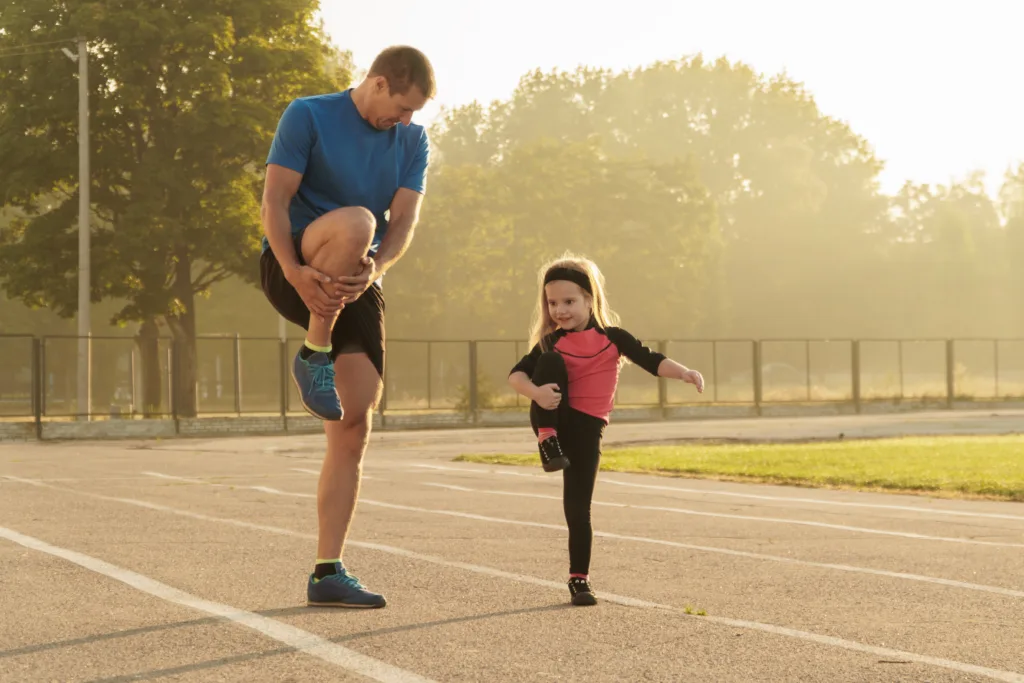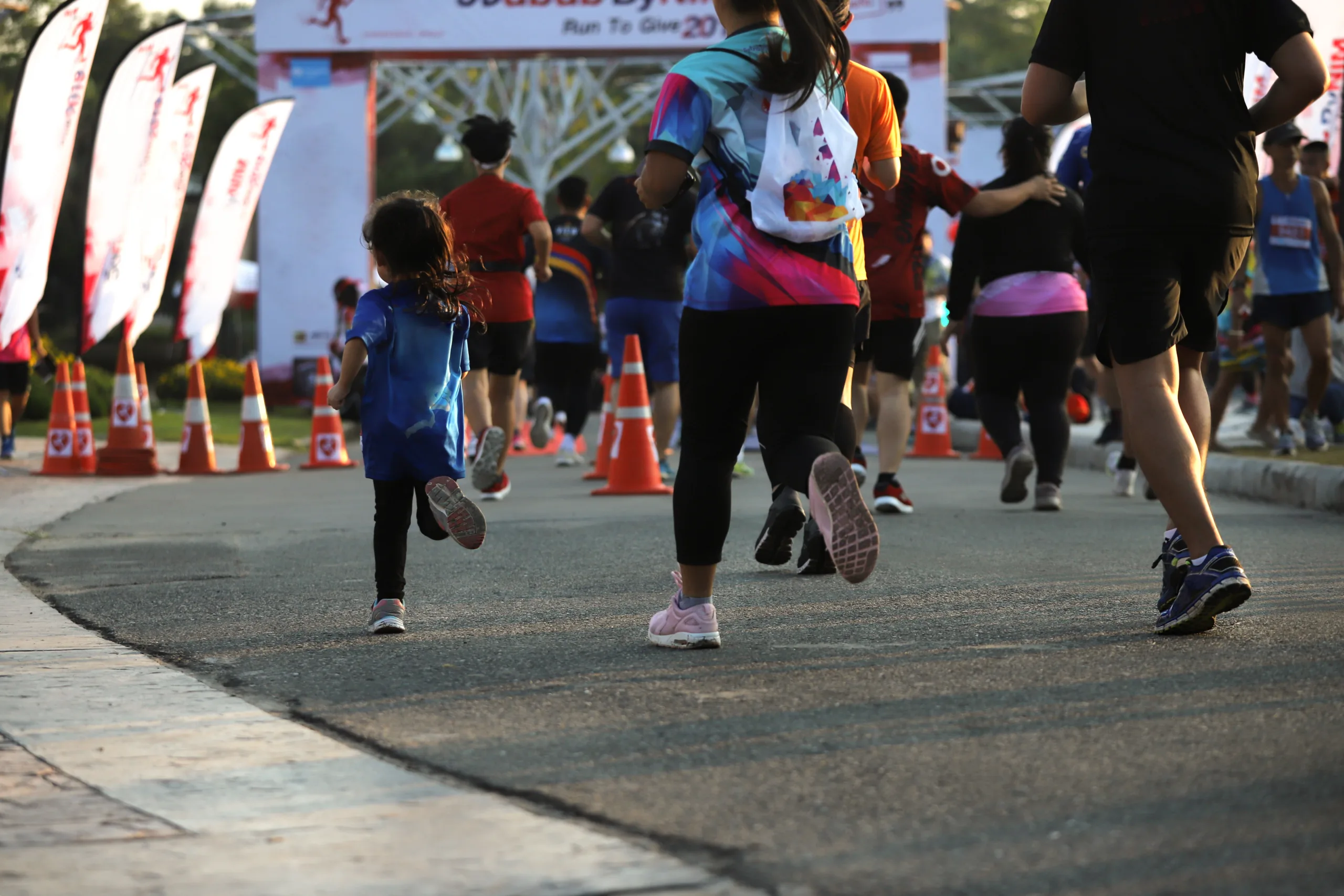Contents of Article
- The Objective
- What the researchers did
- What the researchers found
- Practical Takeaways
- Author’s comments
- References
- About the author
- Comments
Summary
Many believe that ‘talent’ runs in the family, but unfortunately, few studies have objectively examined this common belief. Whilst it is well-known that genetic factors provide the blueprint for a good athlete, there are many other factors such as opportunities, nurture, education, and health and wellbeing that also play a part. This study examined how a parent’s previous involvement in sport as a child athlete is related to the eventual level of competitive sport attained by their children.

What the researchers did
This study included a sample of 229 athletes who were split into the following skill categories (elite: n=139; pre-elite: n=33; non-elite: n=57) based on the peak competition level they achieved in their careers. A Developmental History of Athletes Questionnaire (DHAQ) (refer to this link) was used and supported with semistructured interviews with athletes, parents, and coaches to establish a valid and reliable account of athletic success. The level at which athletes had played and their parental involvement was then statistically analysed and compared across all skill categories.
What the researchers found
This study reported that in comparison to non-elite athletes, parents of elite athletes were more likely to have performed or attained a higher level of competitive sport experience and success. Significant associations were found between parental support and factors such as travel, financial support, technical and tactical advice, and playing level.
However, this was reported as a complex phenomenon. Finally, paternal characteristics (characteristics of the father) were more significantly associated with athletic skill level than maternal characteristics (those of the mother). Finally, elite athletes were more than 2.3 times more likely than non-athletes to have a father that has participated in one or more competitive sports.
Practical takeaways
To summarise the findings of this study, it has been shown that an athlete’s development is highly influenced by their parents, in which the beliefs, behaviours, and attitudes towards sport can be partly determined by the parents’ previous experiences and knowledge. As a coach, this can be a very supportive or equally frustrating experience depending on how they (the parents) support your practice. Dr Camilla Knight of Swansea University has suggested some of the ways that parents can get involved in sports at a grassroots level over two short episodes (see the video below). Parents with great intentions can become invaluable assets in developing talent.
However, dealing with parents can be a challenging experience, especially when the parents place real or perceived pressure on their child, or attempt to alter their training into a more ‘old-school’ approach based on their own interpretation of normal athletic development. In my opinion, it would be far too naïve to suggest that this is a linear process, where a highly successful sports parent would have the requisite skills to pass on knowledge effectively or impartially.
Author’s comments
“From an S&C background, it is definitely great to see studies like this published as we can use these experiences to shape and justify the use of parents during training. However, with a discipline which is as misunderstood as it is, it is important that we know where the line is between cooperation and role conflict. For example, in some of my experiences working with academy athletes, I have found that parents can be impatient, frustrated, and driven by their own career set -backs or expectations of their child. In addition, this study demonstrated a strong link between the level of competition attained by parents and previous access to formal and higher education.
With education and socioeconomic status driving sports participation these days, which can impact on the development of young athletes, this can prove challenging as a coach to deal with. When handling these situations, I often refer parents to videos such as the one below, to remove myself from the situation by allowing them to interpret, reflect, and be mindful of their initial complaint. My hope is that such resources can educate, empower, and allow parents to “buy” back in to the process.”

This Performance Digest snippet was taken from issue #28, Feb 2019, available for members.
- Wilson, Stuart G, Wilson, Melissa J, Baker, Joseph, Parental sport achievement and the development of athlete expertise, European Journal of Sport Science 19: 661-670 [Link]

